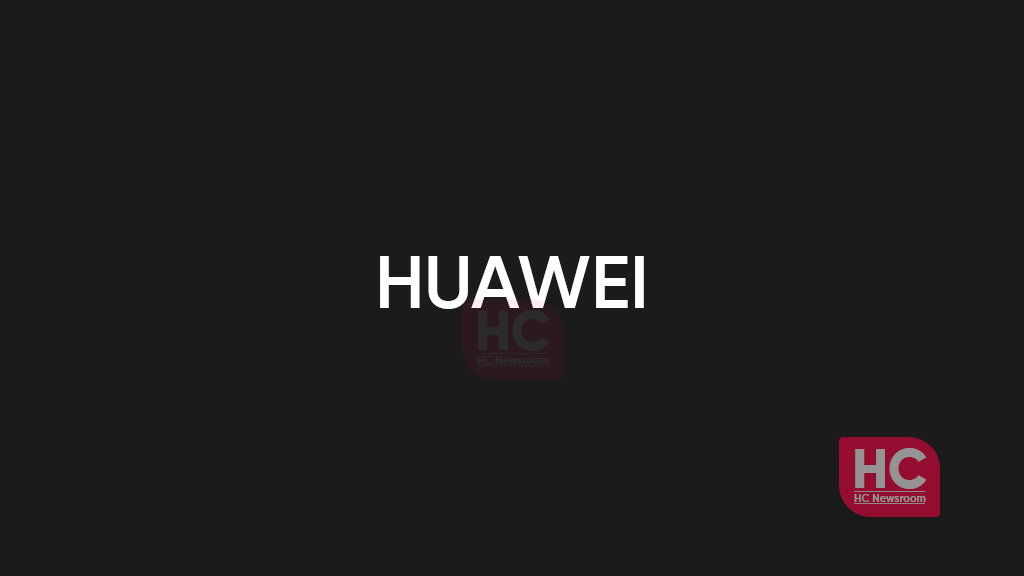News
U.S. Blames: Huawei could access Missile and Military data

In the past few years, Huawei has suffered greatly from the U.S. and China trade war, the company has been dragged between the fight of both these countries along with its status of the largest telecom equipment maker. In the latest edition, the U.S. has blamed Huawei for espionage on U.S. missiles and military data through its network gear.
According to Reuters, the U.S. government is investigating Huawei over the concerns that network towers could capture sensitive information from military bases and missiles silo and then pass that information to the Chinese government.
It’s mentioned that this sensitive information could be related to military drills, and the readiness status of bases and personnel via its network equipment, a source told Reuters while remaining anonymous.
The current blame game is the latest addition to the series of statements and bans that began after 2019’s Entity List. The Entity List restricts Huawei from doing business with any American company or purchasing related technologies from U.S. or overseas markets.
Currently, there are no official statements have been made on this matter from both U.S. and Huawei.
On the other hand, there’s a comment from the U.S. commerce department that reads “protecting U.S. persons’ safety and security against malign information collection is vital to protecting our economy and national security.”
Adding to this, Huawei has denied any allegations and stalking customers or posing national security threats.
Removal of Huawei and ZTE:
Pose Entity List event, U.S. Federal Communications Commission has passed a bill through congress to remove foreign network equipment from the country’s network infrastructure. FCC proposed a bill to remove Huawei with an initial amount of 1.9 billion U.S. dollars to subsidize network operators to remove these companies and purchase new equipment.
However, these network operators are still subjected to pay one-half of the overall cost of their equipment, while the other half will be supported by subsidies.
The bill proposed and made it mandatory for all U.S. network operators to remove these designated firms. Otherwise, they have to purchase new equipment on their own and will be left out of this subsidy program.
Meanwhile, a recent report reveals that the entire so-called “rip and replace” needs 3.9 billion US more than the initial fund. The latest request for funds is coming from Jessica Rosenworcel, the official chairwoman of the U.S. Federal Communication Commission (Read more). Thereafter, the overall required amount has now reached 4.9 billion USD.
What do you think, Huawei really wants to access this information, or it’s just a hoax. Let us know in the poll below.
What do you think – Huawei seeks secret data of customers and countries or it's just a hoax? #Huawei
— HC Newsroom (@HCNewsroom) July 23, 2022






